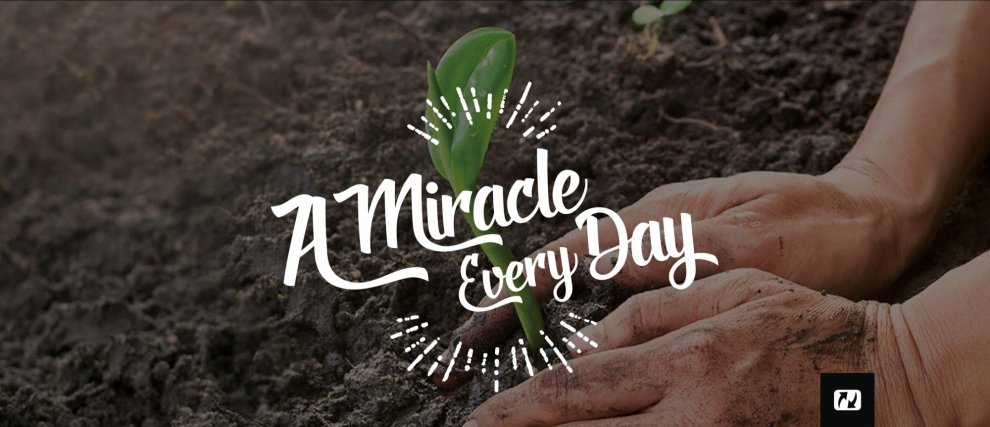Leviticus
In chronological order within the Old Testament, the book of Leviticus is the third book after Genesis and the book Exodus. This 27-chapter work is attributed to Moses. In this book, we find many laws and principles for life ordered by God for his people. Read on to learn about the main theme: The Holiness of God, and 8 key Bible passages from the book of Leviticus.
What is the Story of Leviticus?
When they left Egypt after 400 years of slavery, the Jews did not know how to live in communion with God anymore. That's the context in which God gave the people all of his laws and rules that they had to obey in order to live in peace with Him.
Leviticus: what does it mean?
Leviticus comes from the name of the Levi tribe, which was chosen by God to perform services and religious rites for Israel. Indeed, after the act of idolatry that was the Golden Calf, the Levites chose to side with the Lord and obeyed Moses (Exodus 32:26-29) and thus gained his blessing to be priests of the Lord.
Why Read the Story of Leviticus?
The main theme discussed in the book of Leviticus is the holiness of God. God is holy and those who serve him, the Levites and all those who claim to belong to Him, must therefore also be holy. Another term very often used is “expiation”, which means forgiveness for sins. According to the alliance between God and the Jewish people, expiation sacrifices needed to be offered following a very particular process in order to gain forgiveness for mistakes.
Structure of the book.
In chapters 1-7, we find the sacrifices and offerings requested of the people and priests. In chapters 8-10, Moses gives God’s instructions to the priesthood of Aaron and his sons. In chapters 11-16, the Lord presents His people with all the different types of impurities. The last chapters explain in practical terms how people should sanctify themselves and the impure acts they needed to avoid if they wanted to keep their holiness before God.
9 Key Bible Passages from the Book of Leviticus
Leviticus 11
“I am the Lord, who brought you up out of Egypt to be your God; therefore be holy, because I am holy.” (Leviticus 11:45)
Leviticus 20
“Consecrate yourselves and be holy, because I am the Lord your God. Keep my decrees and follow them. I am the Lord, who makes you holy.” (Leviticus 20:7-8)
Leviticus 17
“For the life of a creature is in the blood, and I have given it to you to make atonement for yourselves on the altar; it is the blood that makes atonement for one’s life.” (Leviticus 17:11)
Leviticus 19
“Stand up in the presence of the aged, show respect for the elderly and revere your God. I am the Lord.” (Leviticus 19:32)
“Do not seek revenge or bear a grudge against anyone among your people, but love your neighbor as yourself. I am the Lord.” (Leviticus 19:18)
Leviticus 26
“If you follow my decrees and are careful to obey my commands, I will send you rain in its season, and the ground will yield its crops and the trees their fruit.” (Leviticus 26:3-4)
Leviticus 22
“When anyone brings from the herd or flock a fellowship offering to the Lord to fulfill a special vow or as a freewill offering, it must be without defect or blemish to be acceptable.” (Leviticus 22:21)
The Tithe
“A tithe of everything from the land, whether grain from the soil or fruit from the trees, belongs to the Lord; it is holy to the Lord.” (Leviticus 27:30)

